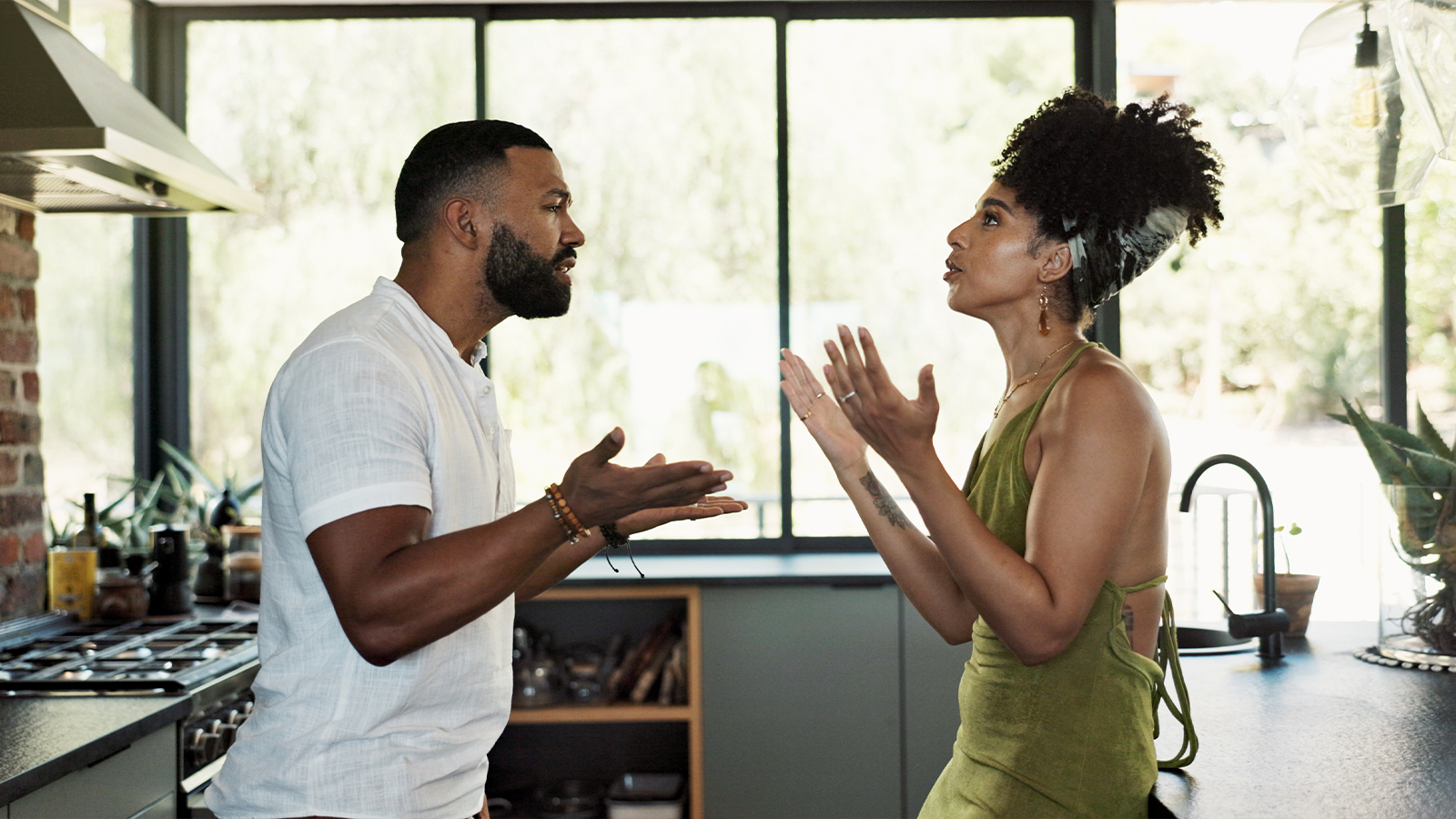
Good communication is key to a healthy relationship. When couples struggle to communicate, it can cause misunderstandings and conflicts. Couples therapy offers a safe space to learn and practice new healthy communication skills.
With a skilled therapist, you’ll learn to express your thoughts and feelings better. You’ll also learn to listen actively to your partner. This helps you navigate disagreements more constructively.
Doing communication exercises in therapy and at home can strengthen your bond. You’ll learn to share your needs without blaming each other. This helps manage difficult emotions during conflicts.
By finding compromises that work for both, you’ll build trust and understanding. With commitment and practice, these exercises can change your relationship. They can help you create a deeper, more loving connection.
Key Takeaways
- Communication exercises in couples therapy teach essential skills for a healthy relationship
- Practicing active listening helps partners feel heard and understood
- Expressing needs without blame fosters greater collaboration and problem-solving
- Developing emotional awareness allows couples to navigate conflicts more effectively
- Regularly practicing communication exercises between sessions is key to lasting improvement
Understanding the Importance of Communication in Relationships
Good communication is key to a healthy relationship. When couples talk openly and honestly, they grow closer. This makes their relationship more satisfying.
Many couples face problems because of poor communication. When they don’t talk well, misunderstandings and fights happen. These issues can hurt trust and make the relationship unstable.
Learn More: Why Your Relationship Needs Professional Help
The Impact of Poor Communication on Relationships
Poor communication can harm couples a lot. When they don’t talk clearly or listen well, they may feel lonely and unheard. This can lead to less intimacy and more resentment.
- Increased conflict and arguments
- Feelings of loneliness and isolation
- Unmet emotional needs
- Decreased intimacy and emotional connection
- Resentment and bitterness
These problems can weaken even strong relationships. That’s why couples therapy is important. It helps partners improve their communication and strengthen their bond.
How Therapy Enhances Couple Communication
Couples therapy offers a safe space to work on communication. A trained therapist helps couples learn to:
- Express their thoughts and feelings clearly and respectfully
- Listen actively and empathetically to their partner
- Identify and break negative communication patterns
- Resolve conflicts in a constructive manner
- Rebuild trust and emotional intimacy
Therapy focuses on improving communication. This helps couples understand each other better. As they learn new ways to communicate, they can handle relationship challenges better and grow closer.
Discover Common Relationship Issues Addressed In Therapy
Proven Communication Exercises for Couples in Therapy
Good communication is key to a healthy relationship. In couples therapy, special exercises help partners listen better, share their needs, and avoid blaming. These activities, led by a therapist, greatly enhance how couples talk and solve problems.
Active listening is a vital exercise. It means one person talks while the other listens carefully. This helps couples understand each other better and creates a safe space for open talks.
The Speaker-Listener Technique
The speaker-listener technique is also very helpful. One person shares their thoughts and feelings, and the other listens closely. Then, the listener repeats back what they heard, asking for more details if needed. This makes sure both feel heard and understood, cutting down on fights.
“The speaker-listener technique has been a game-changer for our relationship. It has helped us communicate more effectively and feel truly heard by each other.” – Sarah and Tom, clients in couples therapy
Expressing Needs Without Blame
When sharing needs, it’s important to use “I” statements and avoid blame. For instance, say “I feel unheard when I share my thoughts with you” instead of “You never listen to me.” This way, you focus on your feelings and needs, not on attacking your partner.
Other great exercises include validation, positive language, eye contact, expressing gratitude, and asking for specific changes. Doing these exercises often, in therapy and at home, can make your relationship stronger and more fulfilling.
 Emotional Awareness and Expression Exercises
Emotional Awareness and Expression Exercises
Learning to understand and share feelings is key for couples wanting a stronger bond. Exercises help partners identify and express their emotions. They also build trust and manage feelings during tough times.
The “I feel ___ when ___” technique is a great way to express emotions. It connects feelings to specific situations or actions. For instance, saying, “I feel frustrated when you forget to do the dishes” helps avoid blame.
Identifying and Sharing Feelings
Couples can grow closer by identifying and naming their feelings. Keeping a journal or using a feelings wheel can help. Sharing these feelings, even if they’re not about your relationship, builds empathy and safety.
Vulnerability Building Activities
Doing things that make you vulnerable can strengthen your bond. Share personal stories, fears, or dreams. Make a playlist of meaningful songs and listen together. These activities help you see each other’s true selves.
Managing Difficult Emotions During Conflict
Conflicts are part of any relationship. How you handle your emotions during these times matters. Take deep breaths or call for a break when needed. Use “I” statements to express your feelings, not to attack.
Remember, the goal is to solve the problem, not to win. By managing your emotions and being empathetic, you can resolve conflicts and grow closer.
 Conflict Resolution Communication Exercises
Conflict Resolution Communication Exercises
Conflict is a normal part of any relationship. How couples deal with these disagreements is key to a strong partnership. Learning to resolve conflicts can teach you and your partner how to talk through tough times and find solutions together. These skills can turn disagreements into chances for growth and understanding.
The Time-Out Technique
When emotions get high, it’s hard to solve problems. The time-out technique lets you and your partner step back, calm down, and then talk again. Here’s how to use it:
- Choose a signal or phrase for when it’s time for a break
- Take a break for 20-30 minutes
- Use this time to care for yourself and calm down
- When the time is up, talk about the issue again calmly
Fair Fighting Rules
Setting fair fighting rules helps keep conversations respectful and helpful. Some important rules include:
- Stick to the current issue, not past problems
- Avoid insults, criticism, and getting defensive
- Let each person speak without interrupting
- Use “I” statements to share feelings and needs
Compromise and Negotiation Exercises
Finding a middle ground is crucial for solving conflicts. The 40-20-40 technique is one way to do this. It involves each person suggesting a solution, discussing and tweaking it, and then agreeing on it. The sandwich method is another way, where you balance criticism with positive comments to create a better environment for solving problems.
“Conflict is inevitable in relationships. What makes a relationship successful is not avoiding conflict, but navigating it in a way that deepens your connection and understanding of one another.” – Dr. John Gottman, renowned relationship researcher
By using these exercises, you and your partner can learn to handle disagreements better. It’s not about avoiding conflicts, but about facing them together. This way, you can find solutions that make your relationship stronger.
Implementing Communication Exercises Between Therapy Sessions
To keep improving after couples therapy, it’s important to practice communication exercises at home. Doing these exercises regularly can make your communication better. It also helps build healthier habits for your relationship.
Creating a Practice Schedule
Having a regular schedule for practicing is crucial. Set aside time each week to work on your communication skills. Think about your daily routines and what you both like when planning your schedule.
“The more you practice, the better you’ll become at communicating effectively with your partner.” – Dr. John Gottman, relationship expert
Overcoming Resistance to Regular Practice
It’s normal to feel hesitant about starting new habits. Begin with small steps and gradually increase your practice time. Remember, better communication can lead to more intimacy and less arguing. Stay positive and support each other as you work on this.
Tracking Progress and Celebrating Improvements
Keep track of how you’re doing to see your progress and celebrate it. Use check-ins, journals, or apps to monitor your growth. Seeing the positive changes in your relationship will keep you motivated to keep practicing.
- Schedule regular check-ins to discuss your progress
- Keep a shared journal to record your experiences and insights
- Use apps designed for couples to track your communication habits
Conclusion
Effective relationship communication exercises can help a romantic relationships flourish. They help strengthen relationships and build a deeper emotional connection. By listening actively, expressing needs without blame, and resolving conflicts, you can improve your communication.
Consistency and commitment are crucial for success. Make time to practice these techniques regularly. It may feel awkward at first, but keep going and celebrate your progress. Better communication builds trust and strengthens your bond.
If you’re struggling with communication, you’re not alone. Many couples face similar challenges, whether it’s one partner or both. A skilled therapist can help you overcome these obstacles and build a loving relationship. Reach out to a couples therapist, like Shield Bearer Counseling in Houston, Texas, to start improving your communication and partnership.
FAQ
Why is communication important in relationships?
Communication is key in relationships. It lets partners share thoughts and feelings. Regularly talking helps build trust and intimacy.
What are some common communication issues in relationships?
Issues like poor listening and unmet expectations are common. They can cause loneliness and break trust. Difficulty in expressing needs also plays a part.
How can couples therapy help improve communication?
Therapy teaches couples to listen and talk better. A good therapist uses techniques to improve communication. This helps partners understand each other better.
What are some effective communication exercises for couples in therapy?
Exercises like active listening and using “I” statements are helpful. They promote clarity and honesty. Positive language and eye contact also play a role.
How can emotional awareness and expression exercises benefit couples?
These exercises help couples share and understand feelings. They build trust and manage emotions during conflicts. This deepens intimacy.
What are some conflict resolution communication exercises for couples?
Exercises teach couples to fight fairly. The time-out method and fair fighting rules are examples. Techniques like the 40-20-40 technique help in negotiation.
How can couples maintain progress between therapy sessions?
Couples should keep practicing communication. Start small and stay positive. Use tools like journals or apps to track progress.
What is the key to long-term success in improving couple communication?
Consistency is crucial. With a therapist’s help, couples can overcome challenges. This builds a strong, satisfying relationship.
 Emotional Awareness and Expression Exercises
Emotional Awareness and Expression Exercises Conflict Resolution Communication Exercises
Conflict Resolution Communication Exercises